A staff software engineer plays a crucial role in software development teams. They bring advanced expertise, guiding projects from design to implementation. Their leadership skills ensure software developers and team members work efficiently. Their role bridges the gap between senior engineers and higher management. They contribute to strategic decisions and possess deep programming languages and knowledge of software systems. Companies seeking growth rely on these professionals for innovation and leadership.
At Aloa, we leverage a robust project management framework to optimize software development and empower our teams. Our experienced staff engineers drive projects with strong leadership skills and deep knowledge of programming languages, ensuring junior engineers grow and learn. We prioritize methodologies that maximize productivity and clear communication with stakeholders and build solutions that stand out in the industry, empowering companies to find the best talent.
Grounded in our industry experience, we’ve compiled this comprehensive guide to outline a software development engineer's role, salary, skill set, and duties. We’ll explore the differences between a softwar
e engineer and a senior staff software engineer, as well as the key responsibilities, skills, and career path steps. By the end, you’ll understand how this role fits into your next step in software engineering.
Let's get started!
What Is A Staff Software Engineer?
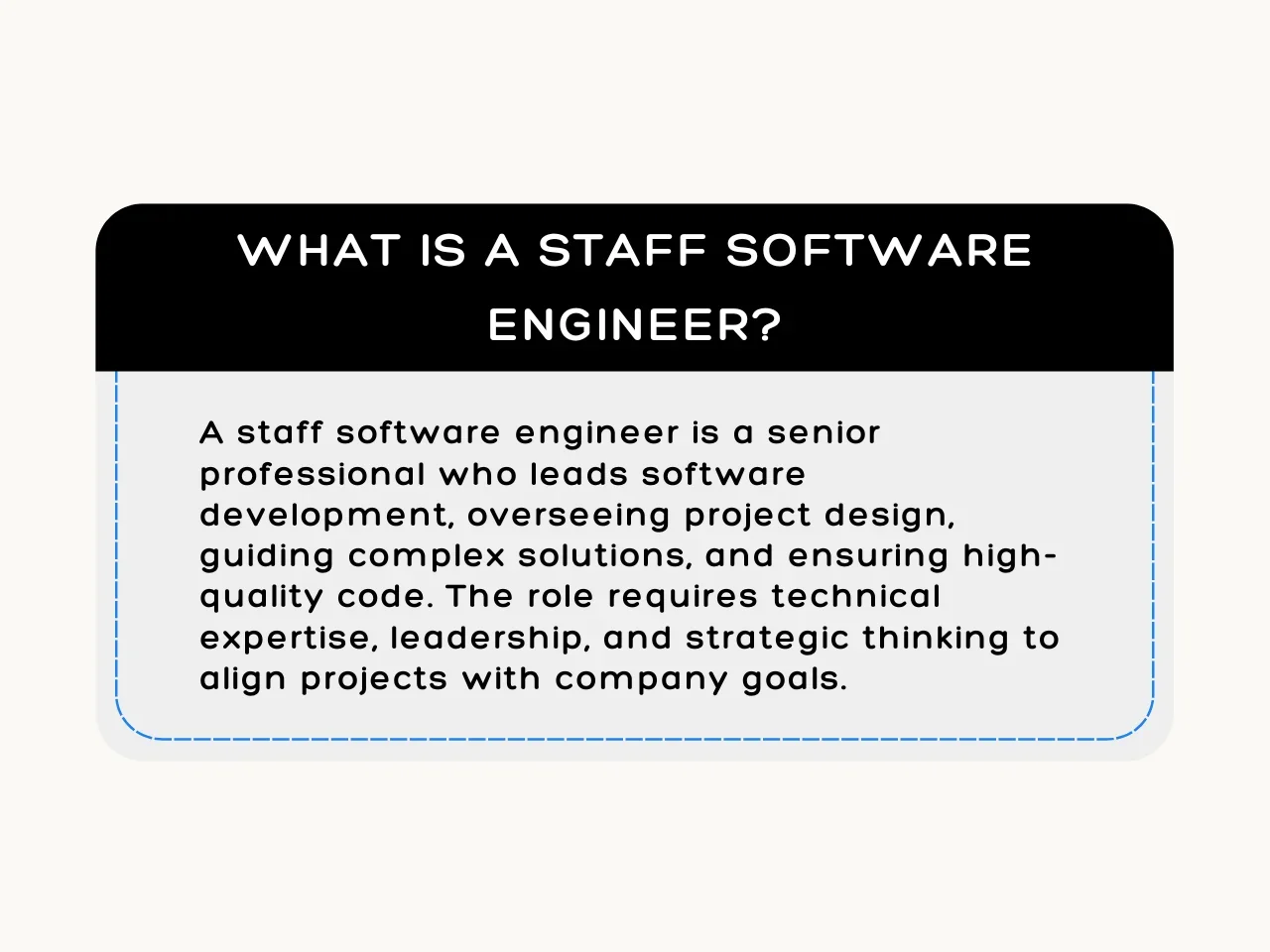
A staff software engineer is a senior-level professional who leads software development efforts within a team. They oversee project design, guide complex solutions, and ensure high-quality code. Their role requires technical expertise, leadership, and strategic thinking to align projects with company goals and objectives.
Software development engineers mentor junior engineers, provide technical guidance, and make architectural decisions. Their work impacts the immediate team, project outcomes, and long-term technical strategies. They are critical in enhancing development processes and promoting collaboration within cross-functional teams.
Here is the comparison of the related roles:
| Role | Key Focus | Responsibilities |
| Software Engineer | Development of software features | Codes, tests, and debugs software focus on specific project tasks. |
| Software Lead Engineer | Project oversight and team coordination | Leads smaller teams, ensures project timelines, and guides technical direction. |
| Engineering Manager | Team and project management | Manages engineering teams, oversees project workflows, and handles resource allocation and team development. |
Each role plays a distinct part in a development team, with the staff software engineer positioned between hands-on coding and high-level strategy.
4 Key Differences Between A Software Engineer & A Staff Software Engineer
Understanding the differences between software and staff engineers helps clarify their roles and career paths. A staff software engineer stands out through expertise, leadership, and strategic contributions. Below, we explore four major distinctions.
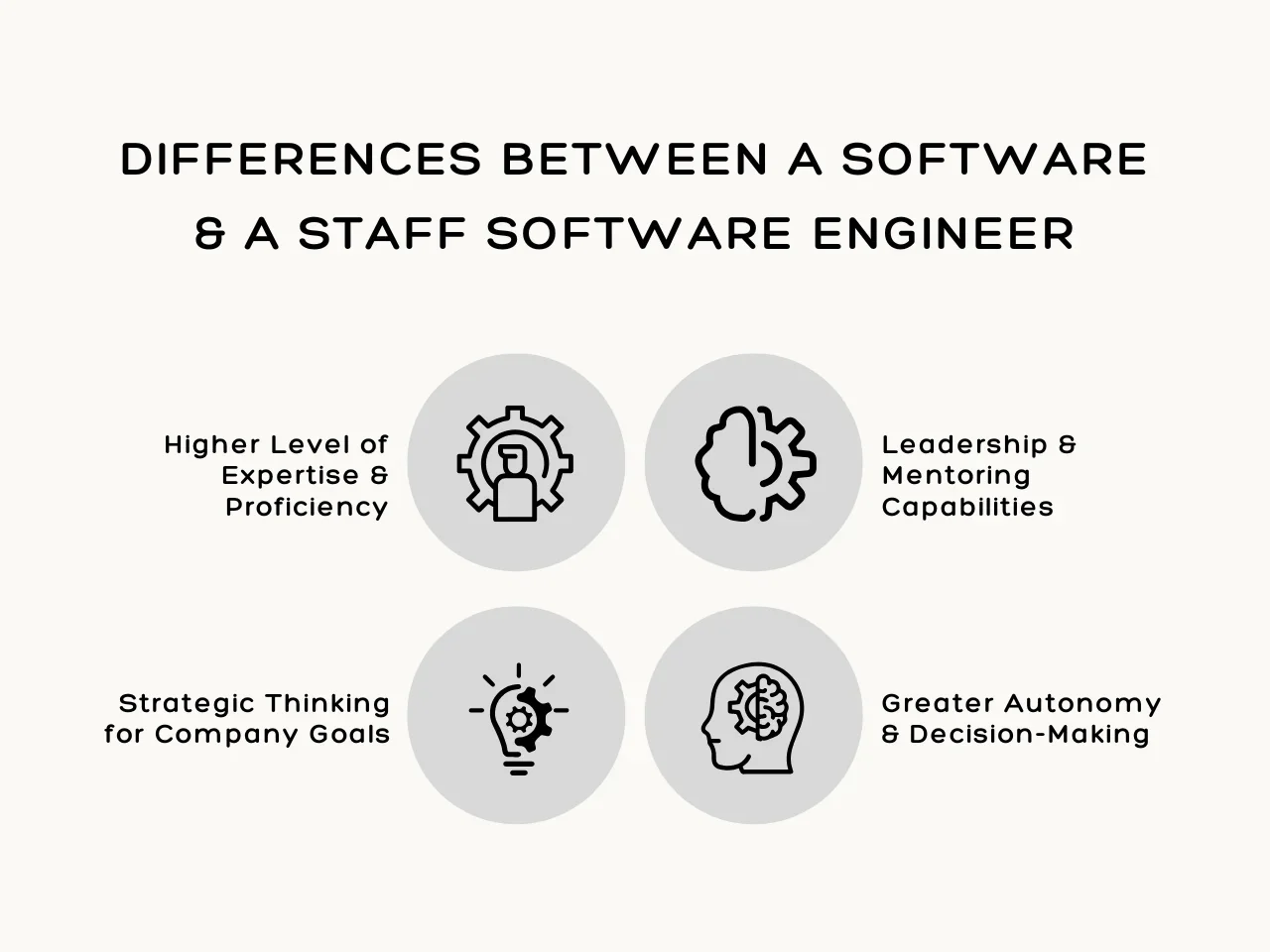
1. Higher Level of Expertise and Proficiency
A staff software engineer possesses advanced technical skills and more intimate knowledge of their company’s systems and strategic goals. Staff software engineers hold a more senior position within the software engineering hierarchy compared to early-career or mid-level software engineers and early-career or mid-level software engineers. With years of experience, they handle complex tasks requiring a refined understanding of systems like AI and AWS. Their expertise makes them reliable for tasks beyond routine coding and debugging. This expertise often translates to a senior software engineer position, where advanced skills are essential to maintaining high standards across all projects.
2. Strategic Thinking for Company Goals
Strategic thinking defines the role of a staff software engineer. Unlike software engineers, who typically focus on immediate project tasks, software development engineers align their work with broader company goals. They develop solutions that contribute to the company’s mission, making them essential in roles requiring insight into long-term impact, scalability, and project mobility.
3. Leadership and Mentoring Capabilities
A staff software engineer often guides junior developers, shaping their growth and ensuring project quality. In contrast to a software engineer, who may focus solely on their tasks, a software development engineer influences team dynamics and outcomes through mentorship. Their ability to share insights and lead team discussions elevates project efficiency and team cohesion, often resulting in additional pay due to these high-level contributions.
4. Greater Autonomy and Decision-Making
Greater autonomy allows a staff software engineer to make independent decisions, tackling high-level challenges without needing constant oversight. This independence requires years of experience as they assess risks, prioritize tasks, and implement solutions that align with company goals. Their capability for autonomous decision-making supports projects with complex requirements, offering a balance of expertise, leadership, and strategic insight to the team.
6 Major Responsibilities of a Staff Software Engineer
A staff software engineer holds crucial responsibilities that guide and support a development team's success. Their contributions go beyond coding, encompassing leadership, strategic management, and ensuring high standards in software projects. Below are six key areas where a staff software engineer plays an essential role:
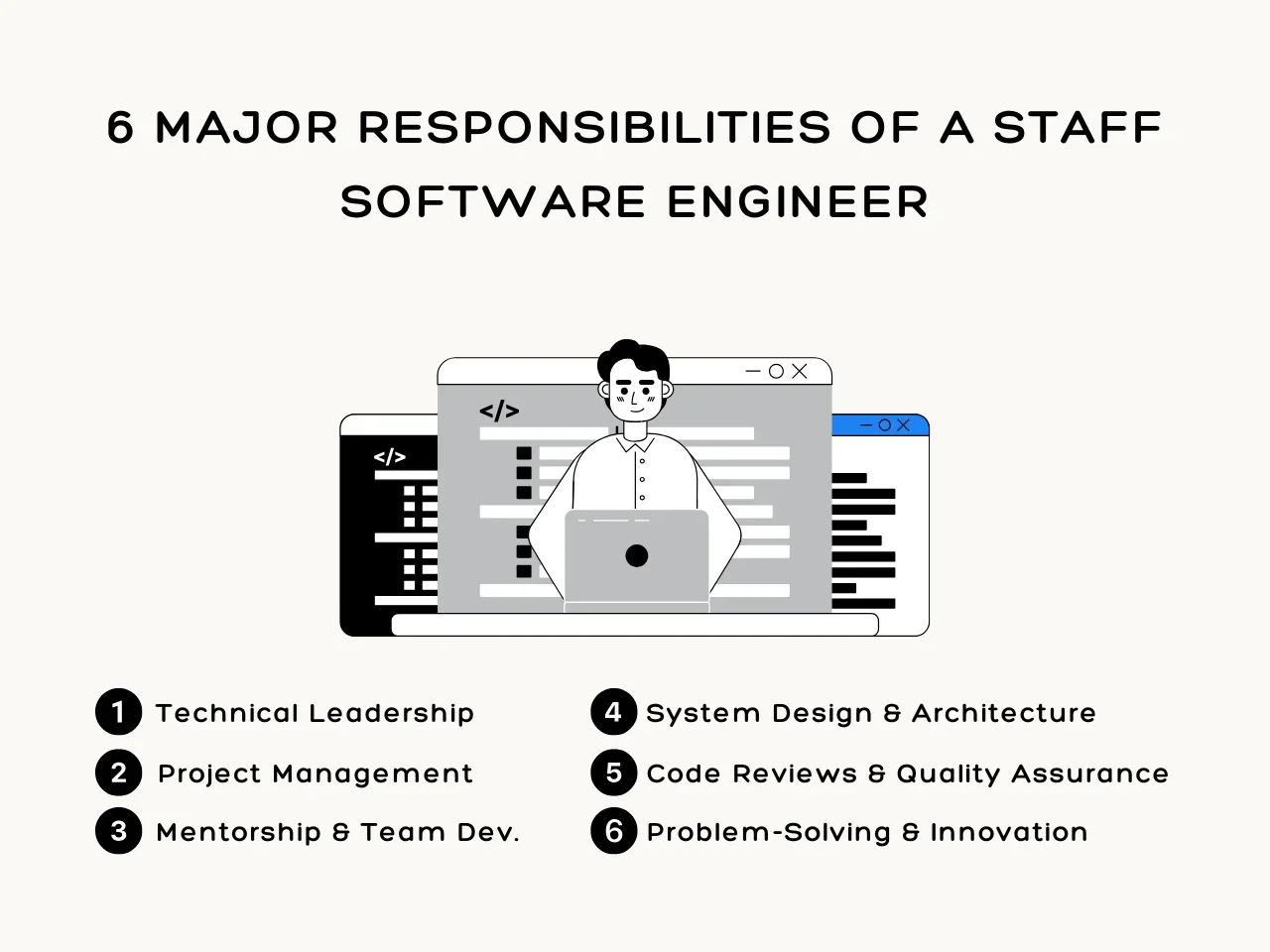
1. Technical Leadership
A staff software engineer plays an essential role in leading the technical direction of projects. They guide the design and implementation of systems, ensuring consistency and best practices. Their experience helps set clear technical goals and align the project with these objectives. The staff software engineer ensures team members follow robust coding practices and technical frameworks.
2. Project Management
Staff software engineers take charge of coordinating cross-functional teams. They manage project timelines and ensure deadlines are met. This role requires balancing priorities, allocating resources effectively, and facilitating collaboration among team members. Using the best employee scheduling software like Agendrix helps engineering leaders align workloads, avoid burnout, and ensure the right people are assigned to the right tasks at the right time while keeping projects moving smoothly without unnecessary bottlenecks. A staff software engineer maintains a clear project roadmap, helping teams stay aligned and focused on end goals.
3. Mentorship and Team Development
A staff software engineer invests time in mentoring junior engineers. They share expertise, guiding team members through technical challenges and career growth. This mentorship builds a stronger, more capable team. The staff software engineer helps foster a learning environment that encourages continuous skill development and innovation.
4. System Design and Architecture
System design and architecture are crucial responsibilities of a staff software engineer. They create scalable and efficient system frameworks that support long-term growth and flexibility. This role requires deep technical knowledge to make decisions that improve system performance and reliability. Software engineers craft designs that align with business needs and future technology trends.
5. Code Reviews and Quality Assurance
Maintaining high code quality falls under the role of a software engineer. They conduct thorough code reviews, ensuring that features, bug fixes, and optimizations adhere to best practices and coding standards. This process catches potential issues early and promotes a culture of accountability. A staff software engineer plays a significant part in maintaining code consistency and reliability across the project.
6. Problem-Solving and Innovation
A staff software engineer consistently tackles complex issues. They assess problems, identify solutions, and implement effective fixes that enhance system performance. Their problem-solving abilities drive projects forward and create innovative approaches that contribute to the team's success. A staff software engineer encourages creative thinking to refine processes and develop new tools or features that improve productivity.
Choosing the right software development tools is essential for maximizing productivity, whether you're building applications, managing client projects, or handling document processing. Using a tool that can convert PDF to PPT enables businesses to efficiently repurpose reports, presentations, and proposals for different stakeholders. By selecting the best solutions, teams can streamline workflows, enhance efficiency, and improve collaboration across projects.
8 Skills To Look For In A Staff Software Engineer
A staff software engineer plays a crucial role within a development team. Their technical and soft skills contribute to successful projects and team growth. Companies should assess both areas to ensure an engineer fits their needs and enhances the team's capabilities. Below, you’ll find the most essential technical and soft skills a staff software engineer should have.
Technical Skills
A staff software engineer must exhibit advanced technical expertise. Their knowledge helps develop solutions that align with business goals. Here are four critical technical skills to look for:
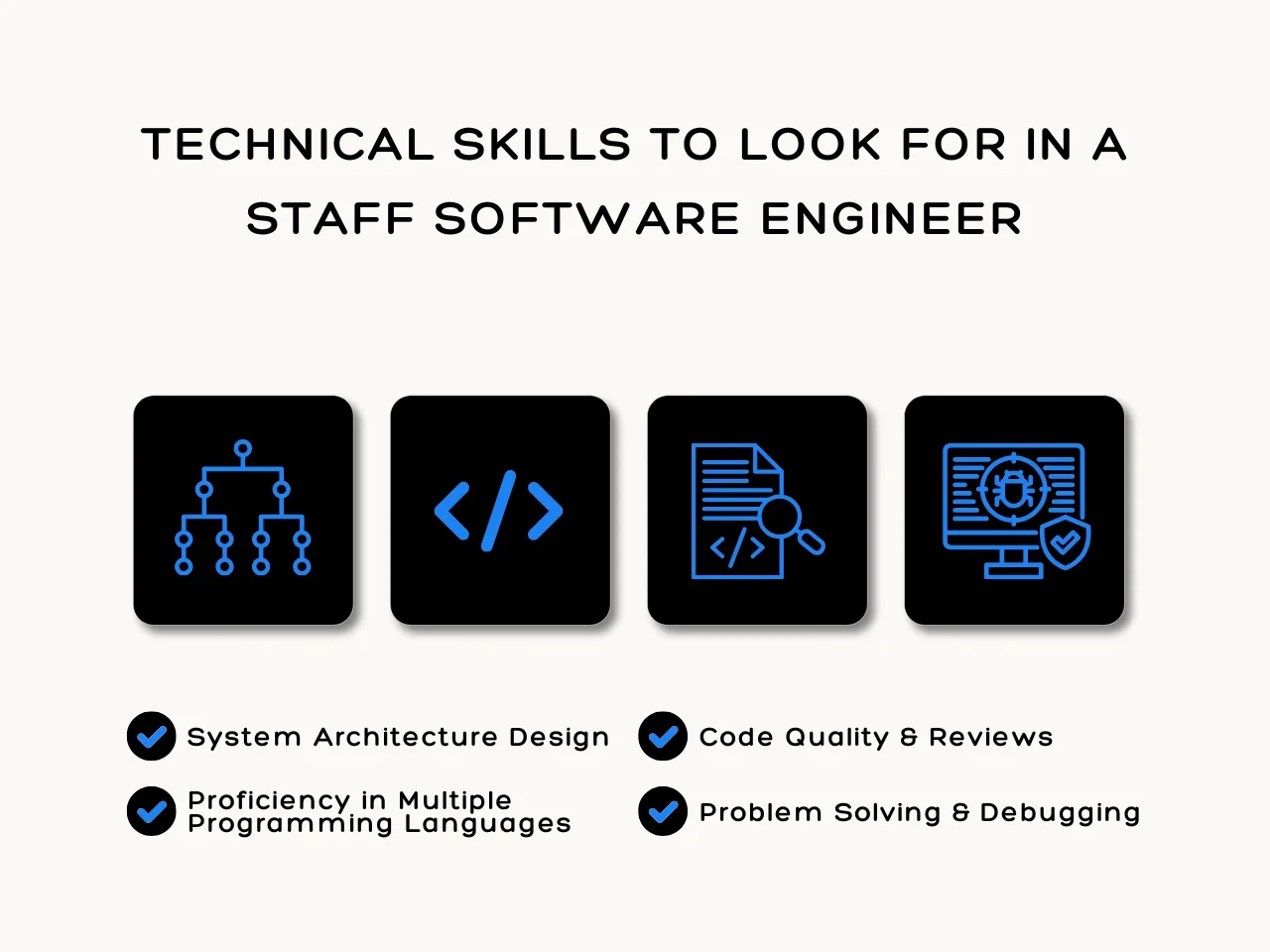
- System Architecture Design: Staff software engineers often create and oversee system architectures. They ensure the structure is scalable and efficient. Their designs support robust and future-proof applications. This skill enables teams to build sustainable software that meets user demands and adapts to growth.
- Proficiency in Multiple Programming Languages: More than one programming language is essential. A skilled staff software engineer can switch between languages as project requirements change. This ability allows for flexible solutions, enhancing the quality of development work.
- Code Quality and Reviews: Maintaining high code quality is vital for software success. A staff software engineer leads code reviews, ensuring best practices and standards adherence. Their oversight reduces bugs and improves overall product stability. This commitment to quality helps teams produce reliable software.
- Problem Solving and Debugging: Software engineers tackle complex problems with effective solutions. Their approach involves quick issue identification and precise debugging. They ensure the development process runs smoothly, minimizing delays and setbacks. Their problem-solving expertise keeps projects on track and boosts productivity.
Soft Skills
Beyond technical capabilities, a staff software engineer must possess strong soft skills. These skills improve teamwork and project management. Companies often look for these soft skills on a candidate’s CV to assess both technical expertise and leadership potential. Here are four critical soft skills for this role:
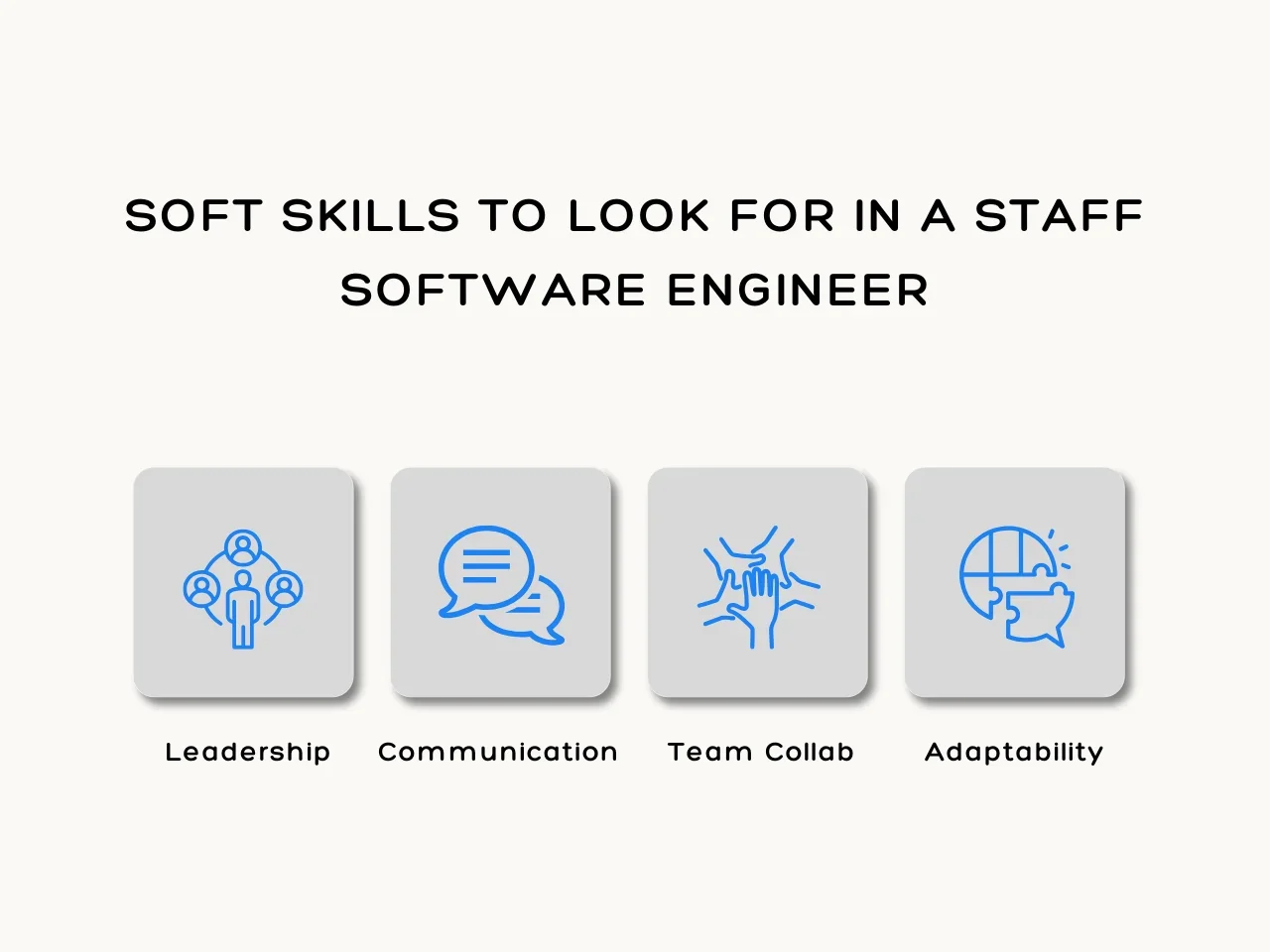
- Leadership: Leadership is vital to guiding and mentoring other engineers. Staff software engineer members take charge of projects, motivate team members, and delegate tasks. Their leadership supports cohesive teamwork and ensures project goals are timely.
- Communication: Clear communication helps bridge gaps between technical and non-technical teams. A staff software engineer needs to explain complex concepts to various stakeholders. This ensures everyone understands the project's progress and objectives. Effective communication prevents misunderstandings and fosters collaboration.
- Team Collaboration: Staff software engineers are responsible for working with cross-functional teams. They must collaborate seamlessly with developers, product managers, and other departments. Their ability to work well with others promotes unity and drives successful project outcomes.
- Adaptability: The tech industry constantly evolves, requiring adaptability. A staff software engineer should stay open to changes in technology and processes. Adaptability allows them to learn and apply new tools and methods quickly. This flexibility ensures teams can leverage the latest advancements to improve development practices.
These technical and soft skills distinguish a competent staff software engineer. Companies prioritizing both skill sets will find engineers contributing to their long-term success.
Staff Software Engineer Salaries In The US
The average salary for a staff software engineer in the US is $127,750 (Salary.com, November 2024). This figure typically ranges from $116,883 to $139,665, depending on experience, education, and location. High-demand areas and specialized skills can boost earnings further. For example, in tech hubs, pay may surpass $150,000 annually.
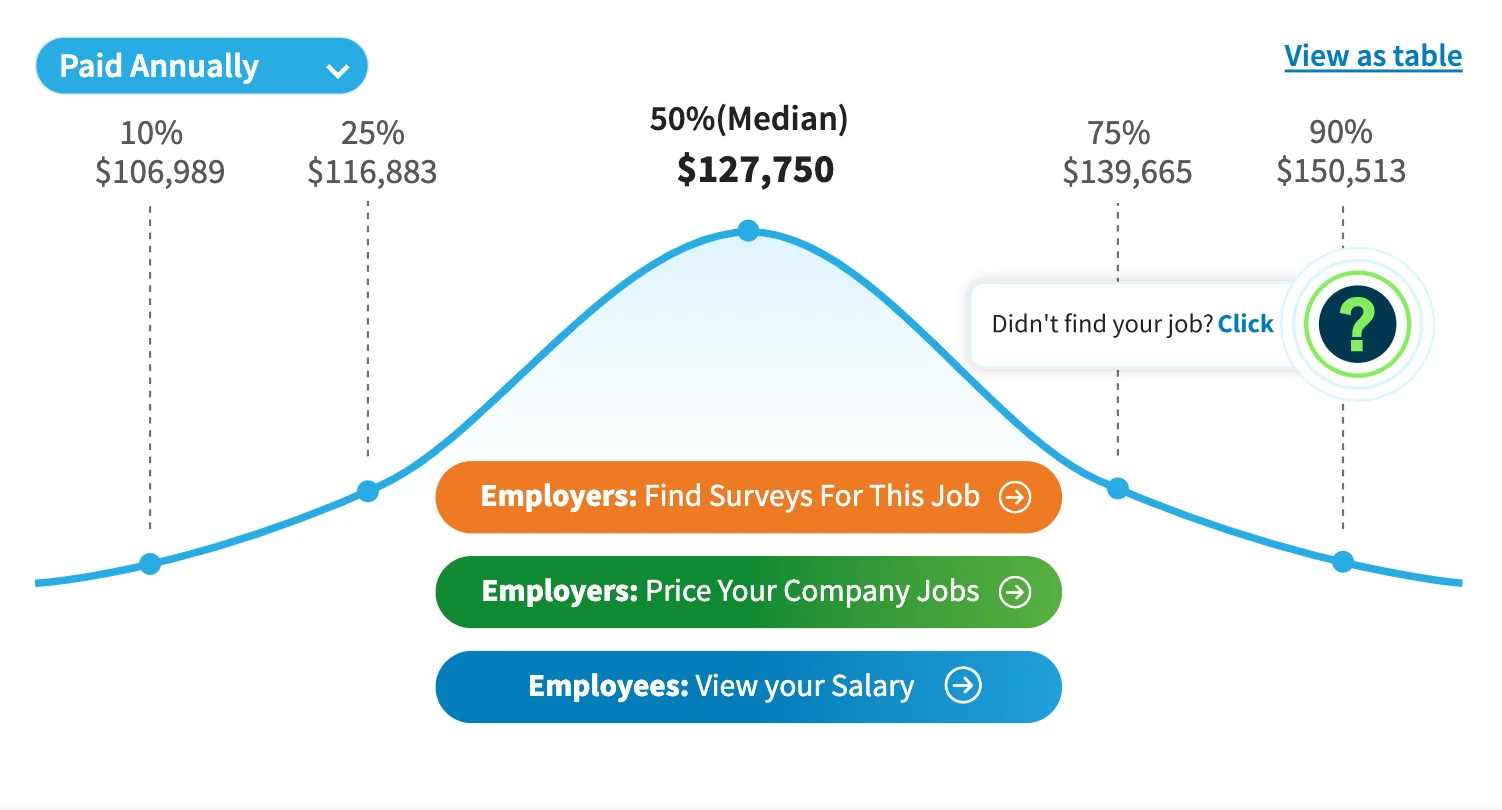
Experience often plays a significant role, with senior staff engineers commanding higher salaries due to expertise and leadership. Salary packages may also include bonuses and stock options, enhancing overall compensation.
Key Takeaway
A staff software engineer is crucial in driving a company’s software projects. They bring expertise in leading technical initiatives, designing complex systems, and guiding development teams. Their ability to make strategic decisions supports seamless project execution. This role ensures high-quality code, efficient system architecture, and mentorship that elevates team performance. Businesses rely on software engineers to align development efforts with company goals, leading to successful software delivery and improved business outcomes.
Hiring a staff software engineer requires careful thought. Consider whether the role fits best within an in-house team or through outsourcing. In-house staff engineers offer greater collaboration and a deep understanding of company culture. Outsourced staff engineers bring diverse experiences and often add fresh perspectives. Weighing these options can affect development timelines, cost, and overall project success.
Are you seeking expert guidance on hiring or working with a staff software engineer? At Aloa, we offer the support and expertise you need to integrate top-tier software engineers into your projects. Connect with us to elevate your team with skilled professionals who will drive your business forward.

